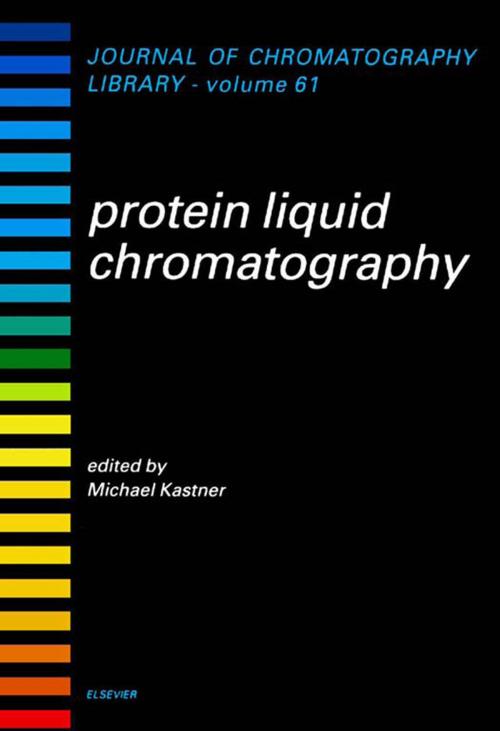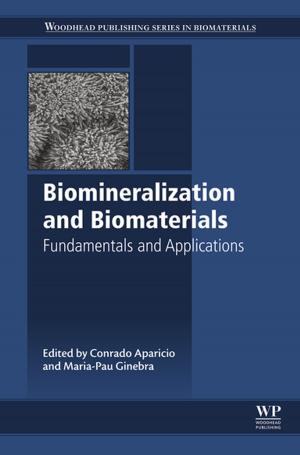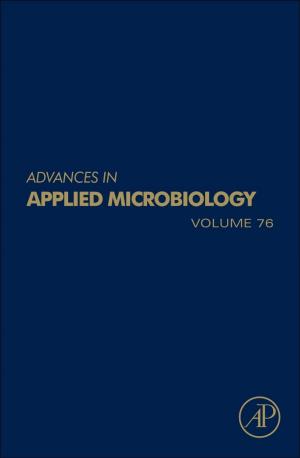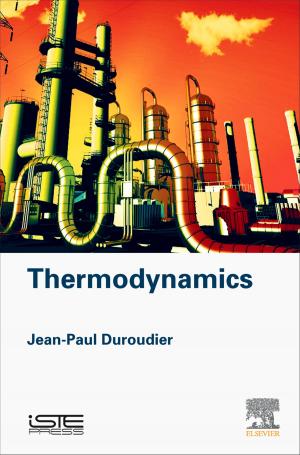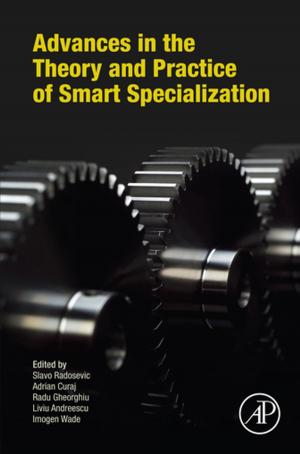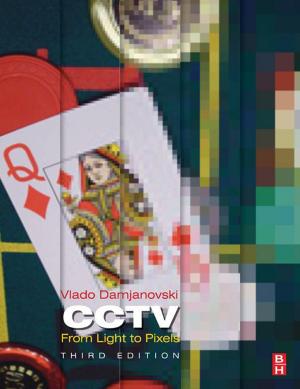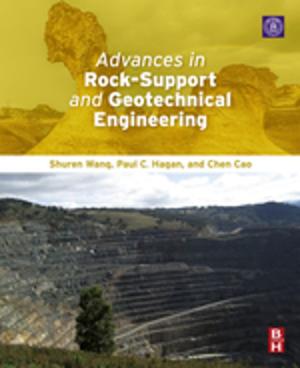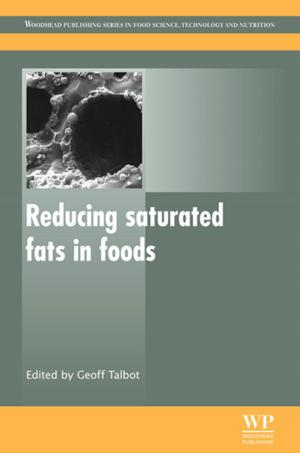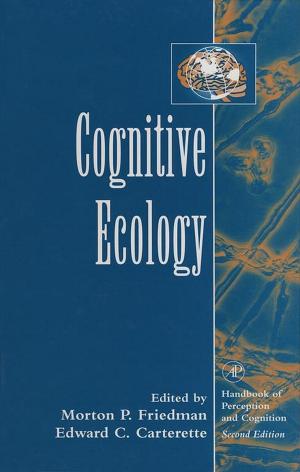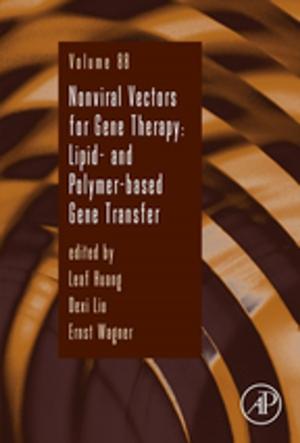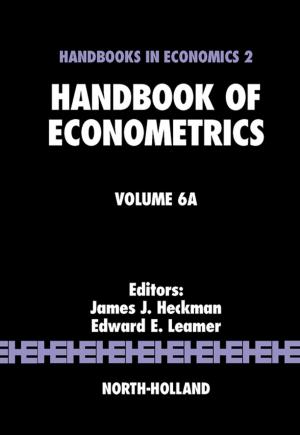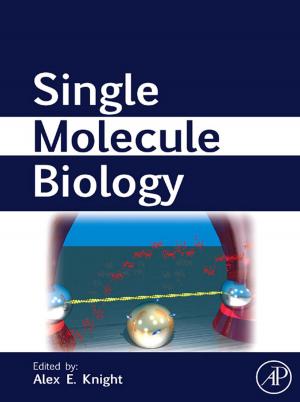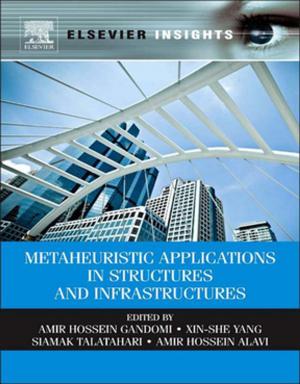| Author: | M. Kastner | ISBN: | 9780080929248 |
| Publisher: | Elsevier Science | Publication: | December 14, 1999 |
| Imprint: | Elsevier Science | Language: | English |
| Author: | M. Kastner |
| ISBN: | 9780080929248 |
| Publisher: | Elsevier Science |
| Publication: | December 14, 1999 |
| Imprint: | Elsevier Science |
| Language: | English |
Protein Liquid Chromatography is a handbook-style guide to liquid chromatography as a tool for isolating and purifying proteins, consisting of 25 individual chapters divided into three parts: Part A covers commonly-used, classic modes of chromatography such as ion-exchange, size-exclusion, and reversed-phase; Part B deals with various target protein classes such as membrane proteins, recombinant proteins, and glycoproteins; and Part C looks at various miscellaneous related topics, including coupling reaction, buffer solution additives, and software. The text as a whole can be viewed as a systematic survey of available methods and how best to use them, but also attempts to provide an exhaustive coverage of each facet. How to solve a specific problem using a chosen method is the overall essence of the volume. The principle philosophy of this compilation is that practical application is everything; therefore, both classical and modern methods are presented in detail, with examples involving conventional, medium- and high-pressure techniques. Over-exposure to history, concept, and theory has deliberately been avoided. The reader will find a wealth of tips and tricks from users for users, including advice on the advantages and disadvantages of each method. Easy-to-read sections on "Getting started now" and "Where to go from here" attempt to provide hands-on, fool-proof detailed practical procedures with complete and even standard model runs for any scientist or technician at work in this area.
Protein Liquid Chromatography is a handbook-style guide to liquid chromatography as a tool for isolating and purifying proteins, consisting of 25 individual chapters divided into three parts: Part A covers commonly-used, classic modes of chromatography such as ion-exchange, size-exclusion, and reversed-phase; Part B deals with various target protein classes such as membrane proteins, recombinant proteins, and glycoproteins; and Part C looks at various miscellaneous related topics, including coupling reaction, buffer solution additives, and software. The text as a whole can be viewed as a systematic survey of available methods and how best to use them, but also attempts to provide an exhaustive coverage of each facet. How to solve a specific problem using a chosen method is the overall essence of the volume. The principle philosophy of this compilation is that practical application is everything; therefore, both classical and modern methods are presented in detail, with examples involving conventional, medium- and high-pressure techniques. Over-exposure to history, concept, and theory has deliberately been avoided. The reader will find a wealth of tips and tricks from users for users, including advice on the advantages and disadvantages of each method. Easy-to-read sections on "Getting started now" and "Where to go from here" attempt to provide hands-on, fool-proof detailed practical procedures with complete and even standard model runs for any scientist or technician at work in this area.
